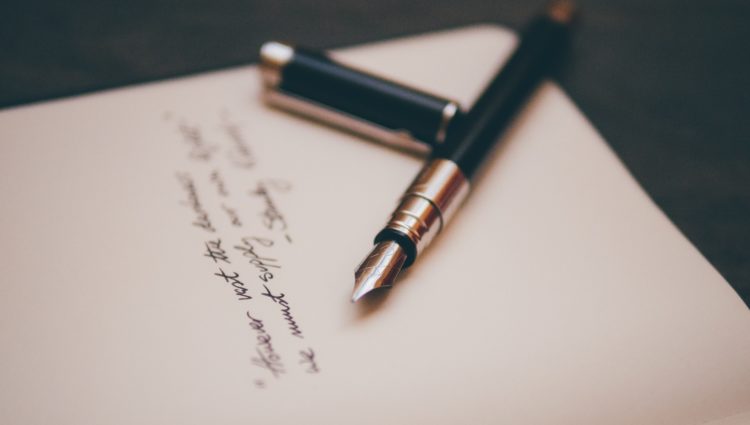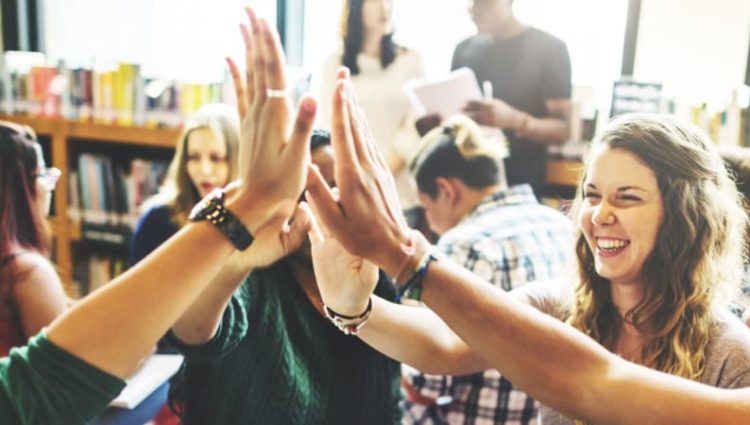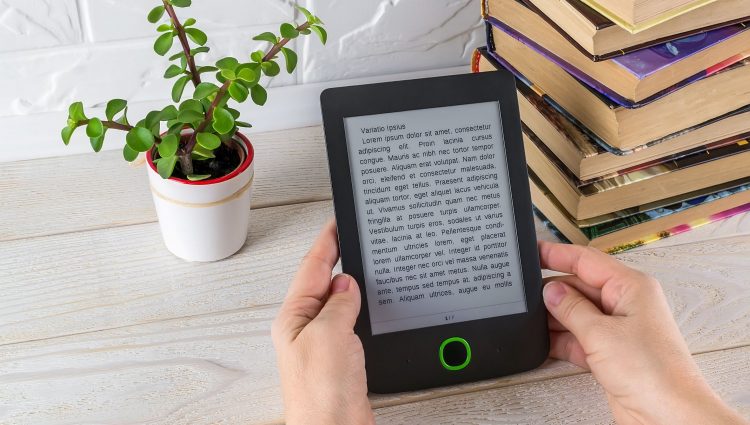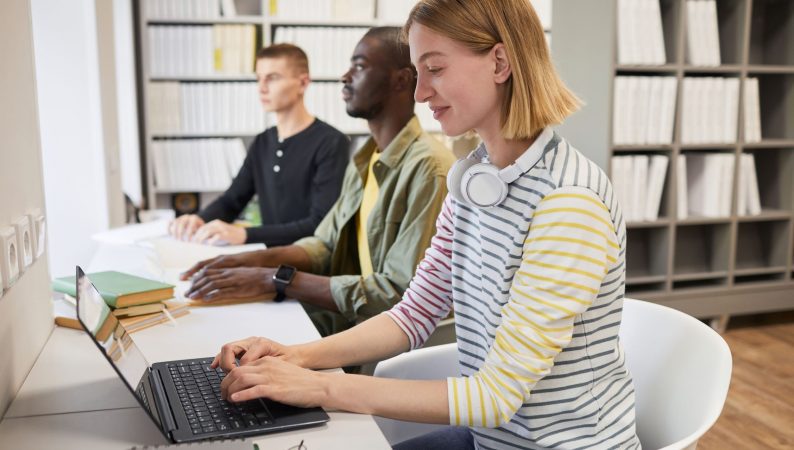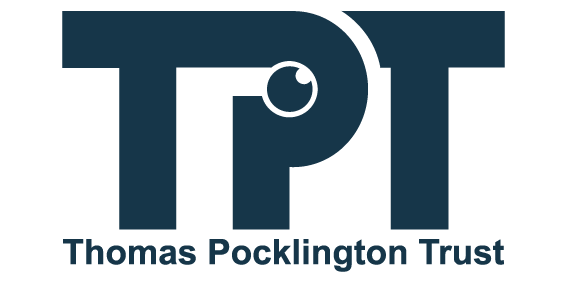When her life was turned upside down following her sight loss diagnosis music provided Sarah Oakes with calmness. It helped her mental health by giving her an outlet and social opportunities. And it taught her skills that you’d never learn in the classroom. She shares her story and music performing tips with us.
‟Music has been part of my life for so long now. I can’t really remember a time when I wasn’t doing it.
I started with school choirs when I was about six or seven, and really enjoyed it. I joined a local church choir in 2005, becoming one of the founding members of the girls’ choir.
I started playing the clarinet in 2006 and this has been one of my major passions since. I had a wonderful teacher who inspired me. I’m still in touch with him and my current wind band sometimes does concerts with his saxophone group.
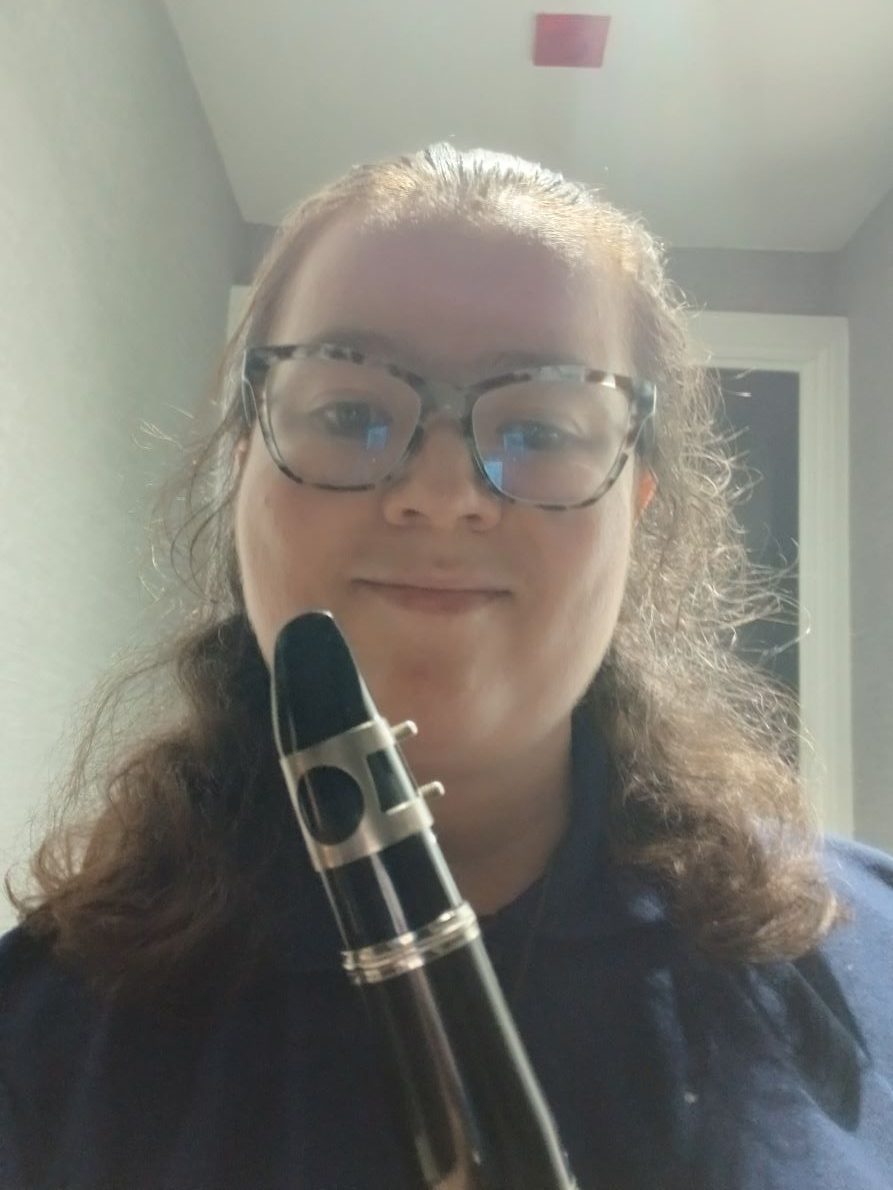 I was thrilled to find and join several wind bands at the University of Chichester, so I could play my music alongside my studies.
I was thrilled to find and join several wind bands at the University of Chichester, so I could play my music alongside my studies.
But around Christmas 2017, my world was turned upside down. I was told I had a visual impairment by the specialists at Moorfields Hospital. Back then, I was unsure if I could even continue playing my music.
I started playing again in February 2018. I am so glad I did. Music always improves my mental health – and it did that year more than ever!
After graduation, I found a local wind band. The members have been brilliant. They don’t mind that I can’t see so well and have included me on their tours to Kent, Norfolk, and Sheffield.
These days, I have a few tips and tricks for playing music. I always carry magnifiers to rehearsals and use them when reading dynamics or finding bar numbers.
I have a music stand light, which has brighter settings to contrast the notes against the page. I sit close to my music stand and avoid sharing stands as I won’t be able to see the music in the distance. I have a digital magnifier which you can slide along the page and does more colour inversion and magnification than I’ve ever seen. This is great for practising at home, as I can zoom in on smaller details to get them right, especially with the more challenging pieces. Recently, I have been using my iPad to read sheet music, which has been a game changer. I can upload my sheet music to the forScore app, and use the built-in magnification settings on my iPad to make it bigger and use colour inversion with it too! Its really shaped my music practice and has made playing any piece easy as thinking!
My wind band conductor has been happy to provide large print sheet music for me. RNIB does have a transcription service for this, but it’s more for choral and piano music than woodwind.
I joined several Zoom sessions with The Inner Vision Orchestra – a music group made up entirely of blind and partially sighted musicians – which were wonderful and inspired me to keep at it!
I have loved music for as long as I can remember. I will always play music, even if my sight deteriorates.
Music is my best friend. It has helped me through my sight diagnosis, through my studies and taught me many softer skills that you never learn in the classroom.”
Blog by Sarah Oakes, Education Information Assistant at TPT.

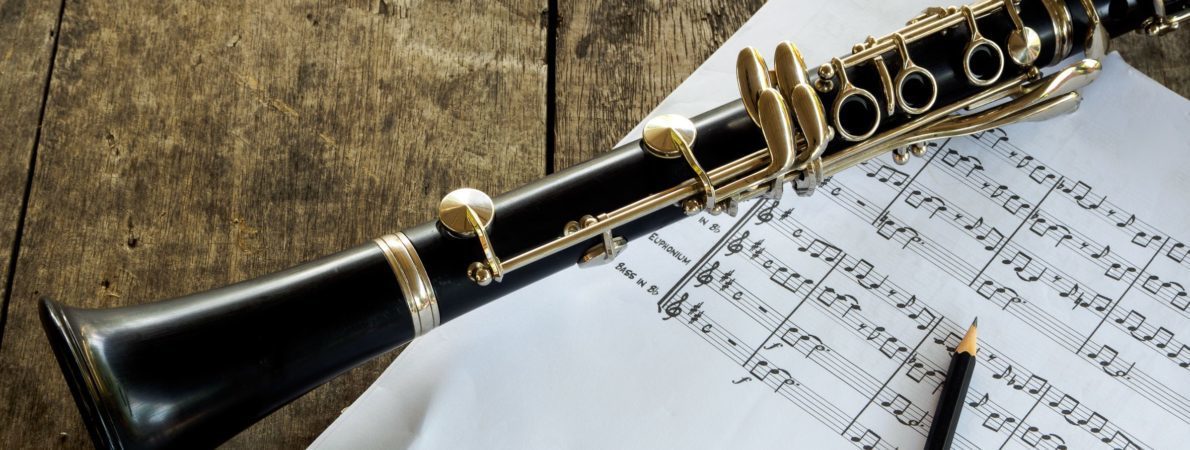
 I was thrilled to find and join several wind bands at the University of Chichester, so I could play my music alongside my studies.
I was thrilled to find and join several wind bands at the University of Chichester, so I could play my music alongside my studies.
